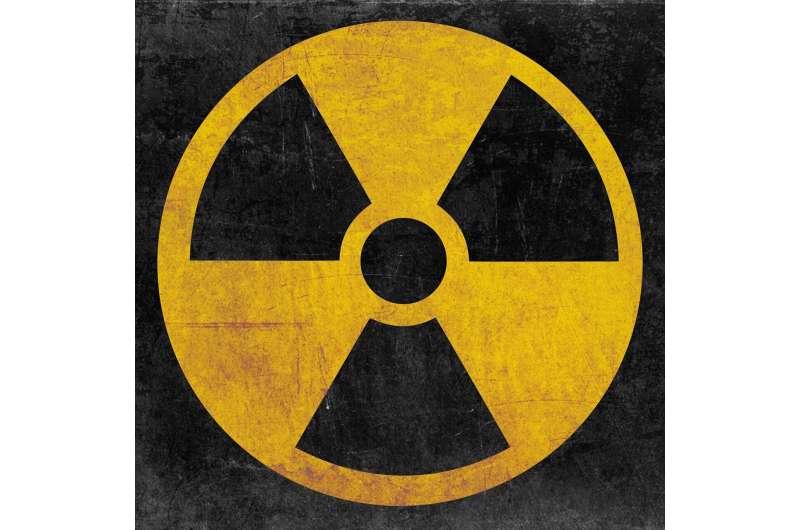This article has been reviewed according to Science X's editorial process and policies. Editors have highlighted the following attributes while ensuring the content's credibility:
fact-checked
peer-reviewed publication
trusted source
proofread
Researchers identify path to prevent cognitive decline after radiation

Researchers at the Del Monte Institute for Neuroscience at the University of Rochester find that microglia—the brain's immune cells—can trigger cognitive deficits after radiation exposure and may be a key target for preventing these symptoms. These findings, published in the International Journal of Radiation Oncology*Biology*Biophysics, build on previous research showing that after radiation exposure microglia damage synapses, the connections between neurons that are important for cognitive behavior and memory.
"Cognitive deficits after radiation treatment are a major problem for cancer survivors," M. Kerry O'Banion, MD, Ph.D., professor of Neuroscience, member of the Wilmot Cancer Institute, and senior author of the study said. "This research gives us a possible target to develop therapies to prevent or mitigate against such deficits in people who need brain radiotherapy."
Using several behavioral tests, researchers investigated the cognitive function of mice before and after radiation exposure. Female mice performed the same throughout, indicating a resistance to radiation injury. However, researchers found male mice could not remember or perform certain tasks after radiation exposure. This cognitive decline correlates with the loss of synapses and evidence of potentially damaging microglial over-reactivity following the treatment.
Researchers then targeted the pathway in microglia important to synapse removal. Mice with these mutant microglia had no cognitive decline following radiation. Others who were given the drug Leukadherin-1, which is known to block this same pathway, during radiation treatment also had no cognitive decline.
"This could be the first step in substantially improving a patient's quality of life and need for greater care," said O'Banion. "Moving forward, we are particularly interested in understanding the signals that target synapses for removal and the fundamental signaling mechanisms that drive microglia to remove these synapses. We believe that both avenues of research offer additional targets for developing therapies to help individuals receiving brain radiotherapy."
O'Banion also believes this work may have broader implications because some of these mechanisms are connected to Alzheimer's and other neurodegenerative diseases.
More information: Joshua J. Hinkle et al, Pharmacologic manipulation of complement receptor 3 prevents dendritic spine loss and cognitive impairment after acute cranial radiation, International Journal of Radiation Oncology*Biology*Physics (2023). DOI: 10.1016/j.ijrobp.2023.12.017


















